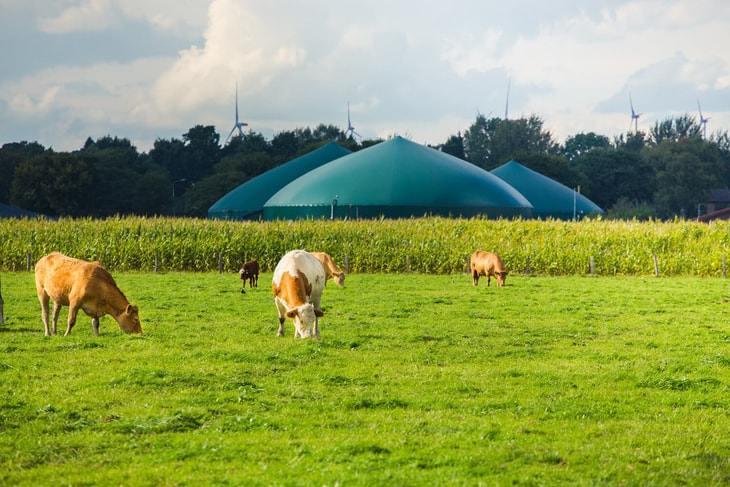Cepsa has been certified as a biomethane trader covering biomass and bioenergy production by the ISCC international certification programme.
The initiative, led by Cepsa’s Trading business, aims to reduce carbon dioxide (CO2) emissions for the company’s other businesses and its industrial clients, while also promoting the circular economy.
In its first biomethane purchase operation in Spain, Cepsa acquired 25 GWh of renewable gas produced from waste at the Valdemingómez plant in Madrid, which it has used to decarbonise its chemicals business. Formalised this summer, the transaction includes multiple deliveries scheduled to January 2025.
This will enable Cepsa Química to replace natural gas with biomethane in its Spanish plants, leading to more sustainable production. Consumption of this biomethane is expected to reduce CO2 emissions by over 4,400 tonnes.
... to continue reading you must be subscribed







